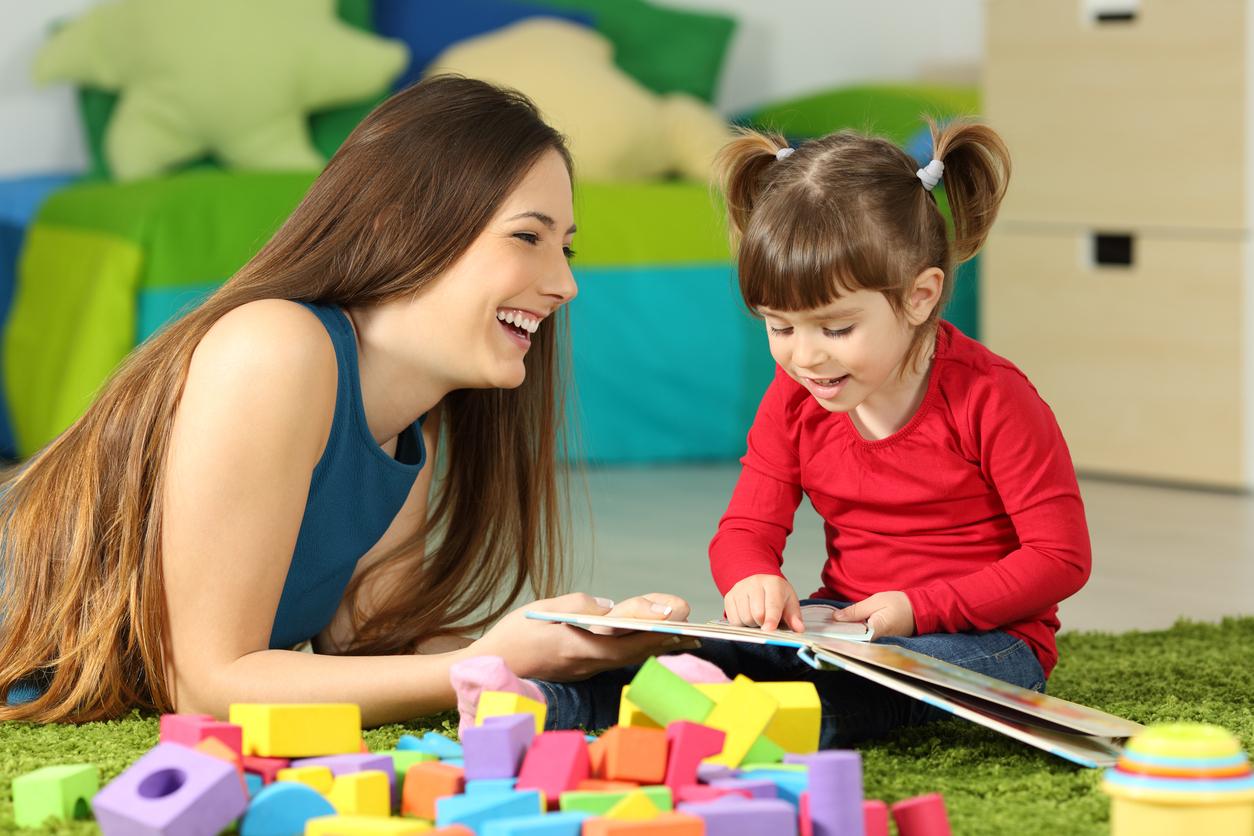Is it really always necessary to intervene with other people’s children?
-1579534875.jpg)
Whether it’s a child pushing yours, a nephew misbehaving, or a friend’s child breaking an object, it’s not always easy to know when and how to intervene with other people’s children. Yet intervening tactfully helps parents not feel judged or offended.
Ask yourself whether to intervene or not
Intervening with other people’s children is not insignificant. It is normal to hesitate and ask questions because many parents do not like their children to be picked up by other adults. If he is present, it is therefore preferable to always give the child’s parents time to act.
However, if he does not intervene, you can take action by putting yourself at the height of the child and speaking to him calmly, without shouting or making value judgments such as telling him that he is naughty. Try to make him understand that his behavior is unacceptable to you, while of course leaving the possibility to his parents to intervene at any time.
Intervene on a case-by-case basis
When you have to intervene with an unfamiliar child, always allow your child to find a solution and assert himself. If you find that this does not work, do not hesitate to intervene politely with the child by explaining to him what the rules are, for example.
On the other hand, if it is the child of a friend or a member of your family, do not hesitate to explain to him that his behavior is not tolerated in your home and that if he continues he will will no longer be allowed to return. When possible, anticipate things by asking his parents if they are comfortable with your intervention.
How do you deal with parents who get angry after your intervention?
If you’ve picked up their child and their parent gets angry with you, it’s important to stay calm and avoid getting angry yourself. Excuse yourself by explaining that you don’t want to insult her while explaining to her what bothered you and how to intervene next time.
Find out more: “Speaking so that children will listen, listening so that children will speak” by Kimberly Ann Coe and Adele Faber published by Phare.
.

















